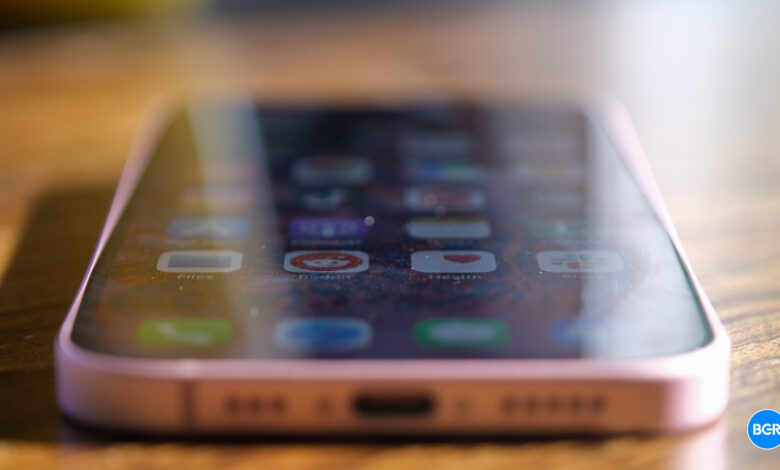Generative AI emoji in iMessage texting

About a week ago, I joked inside BGR’s Slack that the Slack AI that Salesforce is training with the help of chats should let me come up with generative emojis on the fly to react to conversations. After all, emojis are an integral part of communication. We use them across chat platforms regularly, no matter who we might be messaging with. It’s why the list of available emojis keeps expanding every year. And why I thought genAI products might come in handy.
Little did I know that Bloomberg’s Mark Gurman was about to reveal a bunch of AI features coming to iOS 18 this year. On the list we have support for creating custom emoji with generative AI based on what the users are texting.
The report detailed the AI emoji feature in his latest Power On newsletter this weekend:
One standout feature will bring generative AI to emojis. The company is developing software that can create custom emojis on the fly based on what users are texting. That means you’ll suddenly have an all-new emoji for any occasion, beyond the catalog of options that Apple currently offers on the iPhone and other devices.
I think Gurman is right, and generative emojis will be a standout feature of iOS 18. Whether you use products like ChatGPT and Gemini or not, you’ll likely want to take advantage of custom emojis in iMessage and other apps as soon as Apple makes them available. It’s the kind of AI feature that might not even make you think of AI, though artificial intelligence will be at play.
Separately, a report detailed the new non-AI emoji that are coming to iOS 18 this year.
Gurman doesn’t explain how the generative emoji feature works, as there are obvious privacy implications here. The AI has to be given permission to read a few lines of text or the entire conversation between two people to suggest appropriate responses.
I’ll also guess that generative emojis will initially be restricted to Apple’s iMessage. However, I’m sure Apple will eventually make the feature available to third-party apps. Either that or developers will come up with similar features on their own.
The report does explain that Apple’s iPhone AI in iOS 18 will focus on privacy. According to Gurman, most of the AI features in iOS 18 (and macOS 15) will run entirely on the device. But if a feature needs more power, the processing will be pushed to the cloud.
The operating system will decide whether a task should be processed locally or in the cloud. I’d expect that simple features like generating emoji based on conversations will be processed on the iPhone, iPad, or Mac.
I’m certain Apple will explain the privacy implications in great detail at WWDC 2024 next month. Also, users will probably be able to disable generative emojis in messages if they’re worried about AI reading their messages.
But I expect Apple to add generative AI emojis to iMessage without breaking the app’s strong encryption.
Google does something similar on Android. It has added its Gemini AI to Google Messages on Android. The Magic Compose feature lets you use AI to improve your replies. The data is processed on the device, not Google’s servers. Gemini has access to the previous 20 messages in a chat for context, and the RCS texts remain end-to-end encrypted.



